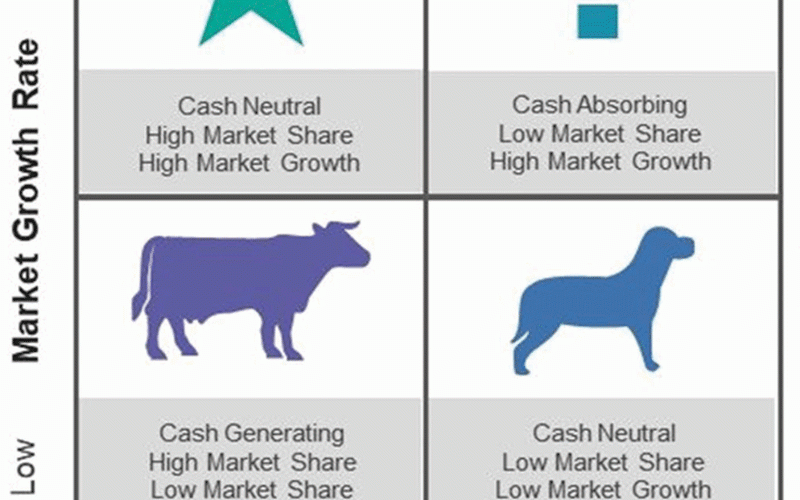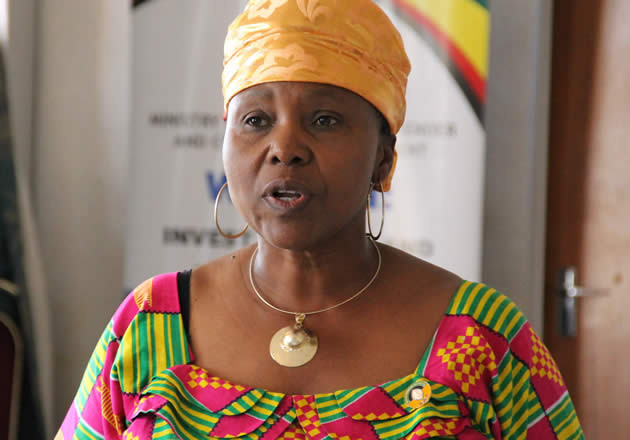
IN most Southern African cultures, paying lobola is still very common. Lobola means bride price or dowry. While some of the younger generation see lobola as expensive or unnecessary, the other side of the coin is that it is a sign of giving thanks to the bride’s parents for raising the woman that you fell in love with.
The tradition is that it is paid in live cows from the groom’s family and the effect is that it has become a major instrument of wealth-transfer in most societies. Such money flows are strongly influenced by culture and tradition and create distinct methods of protecting, sharing and multiplying wealth. While modernity is bringing in some changes — such as lobola being paid in cash — the fundamental beliefs and relationship dynamics that underpin them are likely to prevail.
In Zimbabwe, lobola is generally a payment of 10 cows, for instance. Given local currency (Zimbabwean dollar) inflation, lobola transactions are oftentimes settled in hard currency (greens). So, on average, the total amount would come to around US$4 000 (a cow costs US$400 on average).
However, these amounts can be negotiated according to the husband’s wealth. Also, the bulk can still be paid in instalments over time.
In some extreme circumstances though, if a man dies before settling his debts, a woman’s relatives may collect it from his family at his funeral.
Piggy notes that the idea of lobola payment in United States dollars cash and live cows also demonstrates the importance of value-preservation across households in different societies.
Accumulating a nice herd of cow is also considered a good investment. Suppose a family builds up a herd of 100 cows. They will be able to withdraw passive income from the herd and make gains from sales — a concept similar to stock market investing.
Cash and cows also remind us on an important tool that can be applied to evaluate the strategic positioning of a company’s product.
- ‘Inflation could shoot to 700% by April next year’
- New perspectives: Inflation control critical for economic growth
- Inflation spike: Why interest rates aren’t the answer
- Village Rhapsody: Govt must ensure that devolution works
Keep Reading
The Boston Consulting Group (BCG) growth-share matrix is a planning tool that helps the company allocate resources and is used in brand marketing, product management, strategic management and portfolio analysis. The BCG growth-share matrix breaks down products into four categories: dogs, cash cows, stars and question marks. Dogs hold low market share compared to competitors and operate in a slowly growing market.
In general, they are not worth investing in because they generate low or negative cash returns. Stars operate in high growth industries and maintain high market share. Stars are expected to become cash cows and generate positive cash flows.
Cash cows are the most profitable brands and should be “milked” to provide as much cash as possible. Cash cows are usually large corporations or business units that are capable of innovating new products.
On the other hand, question marks are products that require much closer consideration. They hold low market share in fast growing markets consuming large amount of cash and incurring losses.
Piggy makes use of the BCG growth-share matrix in evaluating the strategic positioning of companies. A case in point is Delta Corporation that has managed to develop and maintain a strong portfolio of brands (mostly cash cows and stars).
A strategy that has been very relevant is “premiumisation”, which entails developing local premium brands, such as Zambezi and Castle Lite in Zimbabwe as well as introducing international premium brands.
Overall, local premium brands have increased their share in developing markets while international premium brands are also growing just as strongly, albeit from a lower base. The mainstream segment has also been supported by brands like Castle and Carling Black Label.
As we enter the election season, Delta is well-placed to respond to any surges in demand given the sufficient installed capacity.
The season is usually marked by gatherings and celebrations. Piggy believes Delta provides a solid route to gain direct exposure to Zimbabwe’s consumer growth potential. Get more insights by joining a PiggyBankAdvisor WhatsApp Group (+263 78 358 4745).
Matsika is the managing partner at Mark & Associates Consulting Group and founder of piggybankadvisor.com. — +263 78 358 4745 or [email protected]/ [email protected]











